Once upon a time, you’d be hard-pressed to find anybody with anything close to a serious love of games who hadn’t played Final Fantasy VII. Flash forward 26 years though, and that isn’t quite the case.
Still, you’ll frequently see it hailed as one of the best games of all time even today. For many, Final Fantasy VII is a lifelong love affair. So long as these folks are still around touting the game’s many virtues there will always be a younger generation of gamers who’ll want to see what all the fuss is about.
But how do you go about introducing them to a game that looks and plays so remarkedly different from those they’d be used to playing?
If you were to ask Final Fantasy VII Rebirth Director Naoki Hamaguchi, he’d probably tell you to just wait for this upcoming game — the second in a proposed trilogy that began with 2020’s Final Fantasy VII Remake.
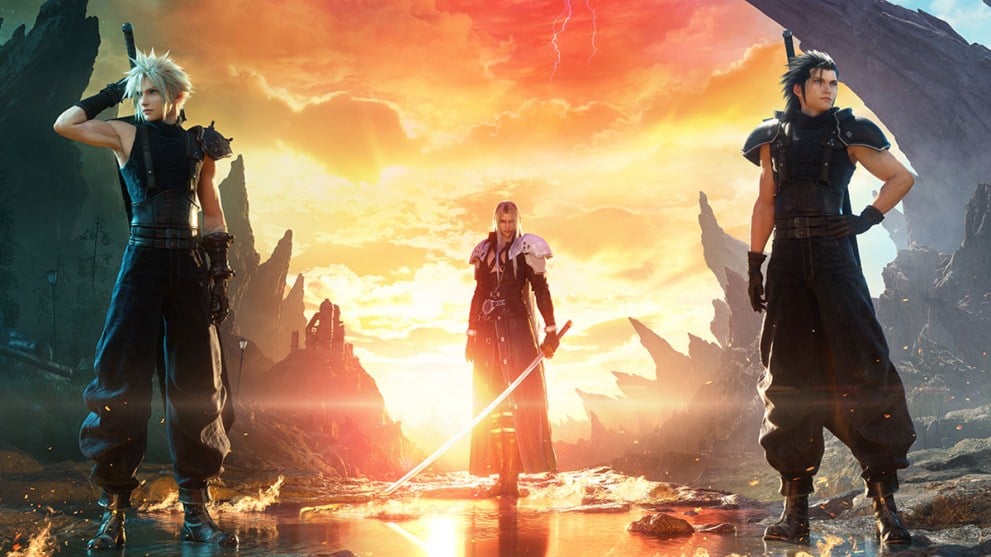
In a recent interview with GadgetMatch at the Thailand Game Show 2023, Hamaguchi explained how he wants to make a game that’s accessible precisely for those people whose experience with the world of Final Fantasy VII might extend only so far as knowing the names of its main characters.
Hamguchi recognizes that “FF7 is a difficult title to get into today”. And, as much as it might pain those who still hold the game in such (deservedly) high esteem, he’s right.
In a way, I’m one of those people. As an impressionable youth, I was a dyed-in-the-wool Nintendo fanboy. None of that spiky-haired guy on the motorcycle thanks, I’m with the fairy kid on the horse. By the time I finally tried FFVII out for myself, it was already several years old, and even then I remember it feeling too slow and graphically dated compared to the games I was playing on GameCube.
As a far more tribally-averse adult, I regret missing out on PlayStation classics like the Final Fantasy and Metal Gear Solid series. So, after picking up the game for next to nothing in a Steam sale, I finally played through Final Fantasy VII to completion during lockdown.
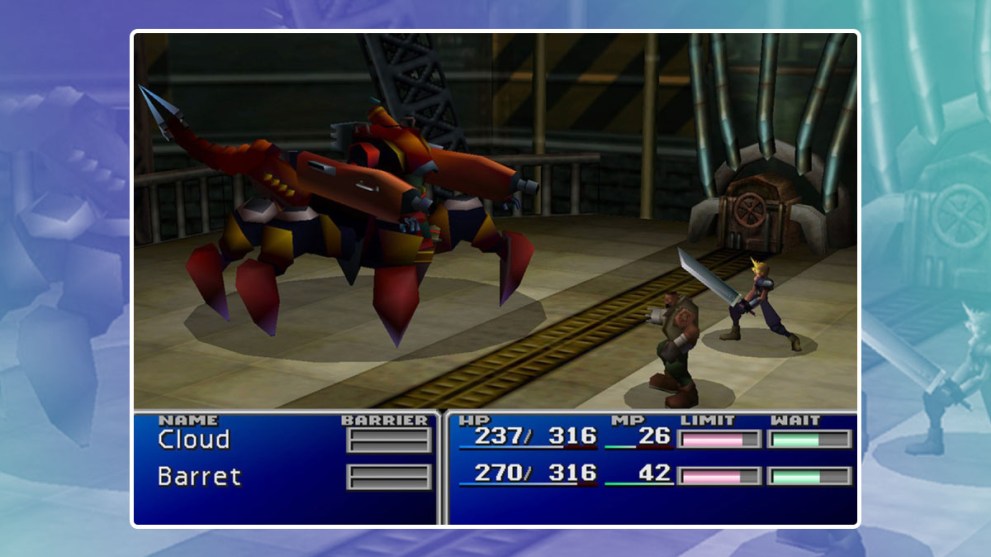
Truth be told, it was an underwhelming experience. The cinematic splendor that was so highly touted upon release is obviously not going to be anywhere near as impressive by modern standards. The party mechanics are still solid JRPG fare, but I’m otherwise in the camp who would argue that the age of turn-based, randomized battle encounters is largely best left in the past.
And look, I grew up loving exactly this kind of game. But the world has moved on. Our expectations have changed. The pace of life has changed. Demands on our attention have changed. Ain’t nobody got time for drawn-out encounters with the same enemies over and over and again while trying to figure out where to go next.
Yet, as somebody who has the capability of putting the game into some kind of historical context, I was still able to get plenty out of the experience. There’s still loads to love, least of all the immaculate vibes conjured by the game’s polygonal early 3D, the lived-in environments shot through with cyberpunk neon-lighting, and of course the all-timer Nobuo Uematsu score. I don’t regret playing it at all.
But would a younger gamer raised on Roblox, Fortnite, Minecraft, and the like be able — let alone willing — to stick with the game to extract these more timeless aspects? Unlikely.
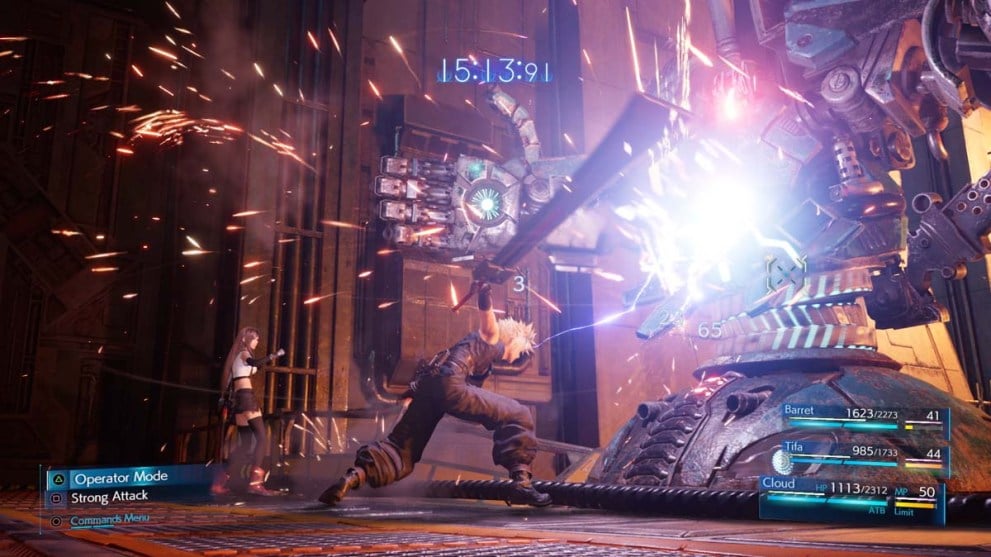
This isn’t some old man shouting at clouds thing either; it’s just a fact. Any young gamer who is curious enough to seek out and try games a quarter of a century old deserves kudos. But let’s be real: we’ve all sat ourselves down to watch an old ‘classic’ film and come away with a sense of “Was that it?”
Few pieces of media are truly timeless in a manner that doesn’t require some kind of contextualisation. Those interested in cinema or the novel might enroll in a film studies or literature course to learn more about the medium, its techniques, and its history. As a much younger medium, we still haven’t quite established a similar framework for video games.
Naturally, we can’t, nor do we want to, just shrug our shoulders and let the great games of yesteryear become ever more out of reach. One solution is to rerelease the games on modern hardware, which Square Enix has at least done quite admirably in recent years. For quite a few years, if you wanted to play FF7, you’d have to scour eBay for an overpriced copy. But now, you can pick up the game on every modern platform at a very reasonable cost.
There are also a plethora of options you can tweak to make the game more palatable by modern standards. However, there’s a strong argument to be made that doing such things as turning off random encounters and enabling faster-paced battles somewhat radically alters the game’s specific magic sauce, and not necessarily for the better.
That, though, is an argument that you can take to any number of extremes. Are you really properly experiencing Final Fantasy VII unless you’re playing it on the original hardware on a CRT television?
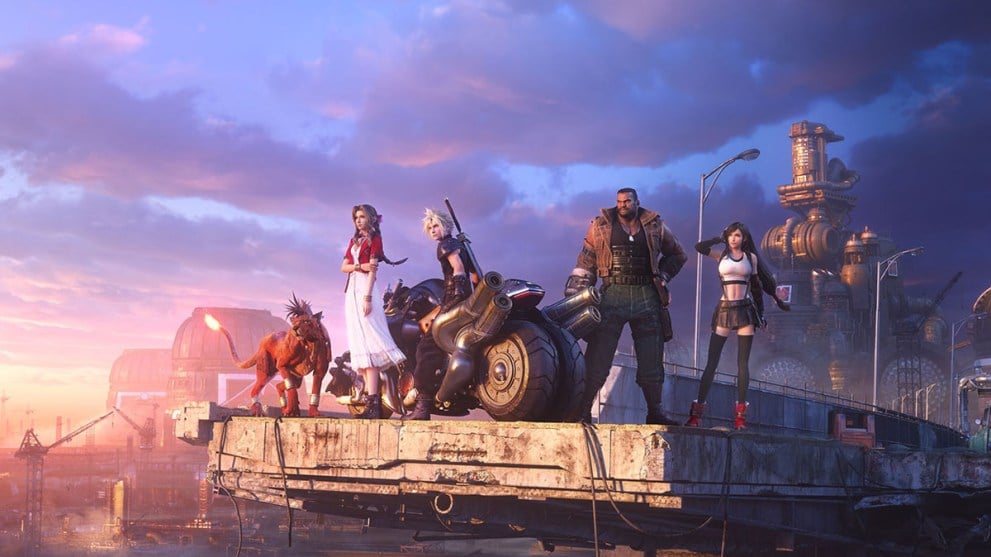
Yes, Final Fantasy VII had enjoyable gameplay for its time, but what people really fell in love with was its world and the characters that inhabited it. If that’s the most important thing, then how could it not be argued that a full remake offers the best way to introduce new players to it?
A couple of years after I finished my playthrough of the original Final Fantasy VII, I’ve just polished off Remake in time for the February 2024 release of Rebirth. It was everything I wanted but didn’t get from my years-after-the-fact playthrough of the original. I gasped at the stunning views of Midgar, felt my heart sink as Shinra executed its evil plans, and welled up at the sight of Aerith handing Cloud a flower.
After all these years, I can finally say that Final Fantasy VII is in my greatest games of all time list; maybe not for the original game itself, but definitely for its masterfully crafted world, characters, and story. At this point, does it matter that it’s not the exact same one that so many others put in theirs?

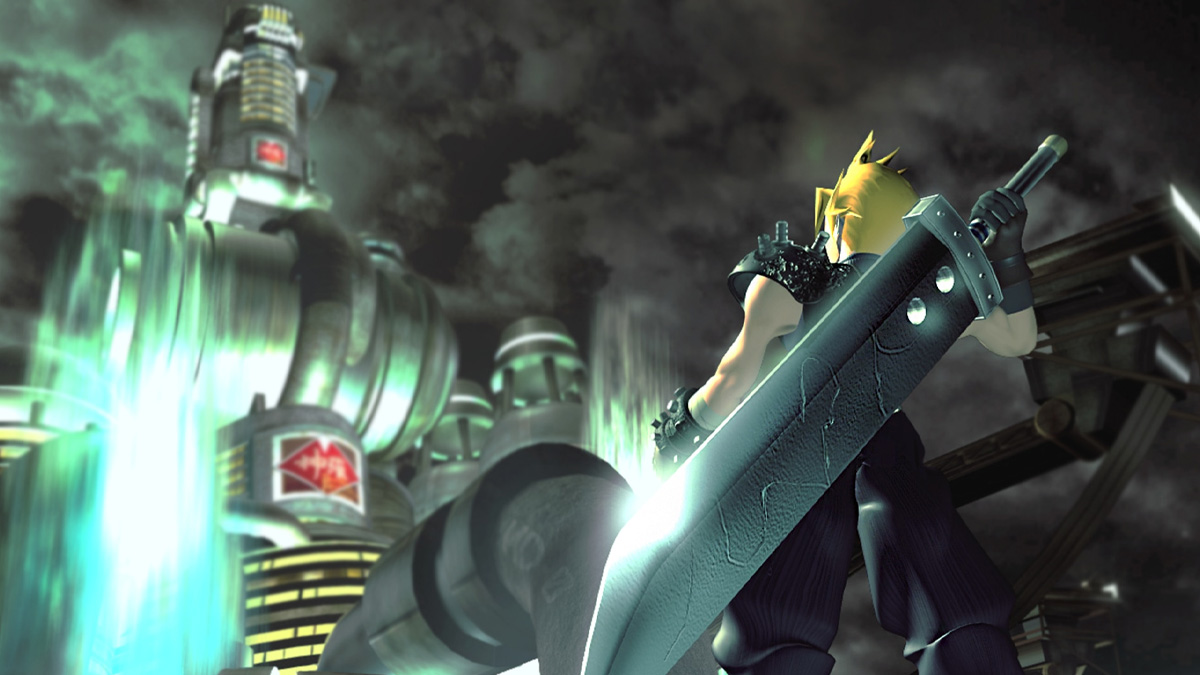











Updated: Oct 25, 2023 12:40 pm